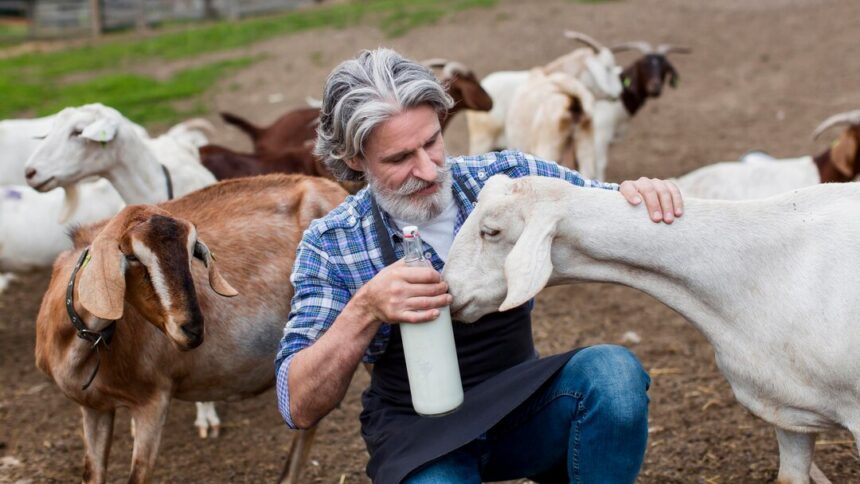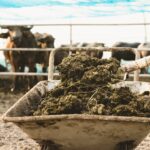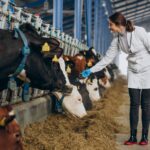In the heart of South Africa’s Limpopo province, small-scale farming remains a vital part of rural life and local economies. Among the many agricultural ventures gaining popularity is goat farming—specifically for milk production. Goat milk is not only nutritious and easier to digest than cow’s milk, but it’s also in growing demand in health-conscious markets. For small-scale farmers in Limpopo looking to increase their income and farm efficiency, optimizing goat milk production offers a promising opportunity.
The first step to maximizing goat milk output is choosing the right breed. While indigenous breeds such as the Boer goat are hardy and well-suited to Limpopo’s climate, they are primarily meat goats. Farmers focused on milk should consider integrating or crossbreeding with high-yielding dairy breeds like the Saanen, Toggenburg, or Alpine. These breeds are known for their consistent milk flow and longer lactation periods, offering a solid foundation for a profitable operation.
Proper nutrition plays a crucial role in milk quantity and quality. Goats need a balanced diet that includes a variety of forages, grains, and mineral supplements. In Limpopo’s semi-arid areas, natural grazing may not always meet nutritional requirements, especially during the dry season. Supplementing with lucerne, maize bran, and legume hay can help maintain body condition and milk flow. Providing access to clean water at all times is also essential, as dehydration can drastically reduce milk production.
Housing and hygiene are often overlooked but are vital for healthy, high-yielding goats. Clean, well-ventilated shelters protect goats from extreme temperatures and reduce the risk of disease. Bedding should be dry and changed regularly to prevent mastitis and other infections that directly affect milk output. Milking equipment should be cleaned thoroughly, and hands must be washed before and after each milking session to maintain milk hygiene and avoid contamination.
Consistent milking routines help stimulate higher milk yields. Milking goats twice a day, ideally at the same times every day, encourages regular milk letdown and keeps the udder from becoming overfull, which can be painful for the animal and lead to lower production. It’s also important to gently massage the udder before milking to stimulate flow and ensure complete milk extraction.
Health management is a cornerstone of a productive goat dairy. Regular vaccinations, deworming, and prompt treatment of illnesses ensure that goats remain in peak condition. Limpopo farmers can benefit from working closely with local veterinarians and extension officers who understand regional diseases and can provide timely support. Keeping records of each goat’s health, milk yield, and breeding cycles helps farmers make informed decisions about culling, breeding, and nutrition.
Breeding strategies also influence milk production. Goats should be bred at the optimal age and weight, usually around 8 to 10 months old, depending on the breed. A well-managed breeding program ensures that goats kid during favorable seasons when forage is abundant. Kids should be allowed to nurse for the first few weeks to strengthen immunity, after which gradual weaning can help transition to commercial milking.
Market access is another critical piece of the puzzle. Small-scale farmers in Limpopo can increase profits by exploring niche markets, such as fresh goat milk, cheese, yogurt, or soap. Local farmers’ markets, health shops, and direct-to-consumer sales are all potential outlets. Investing in basic value addition can significantly increase the profitability of goat milk products.
By combining smart breed selection, improved nutrition, good animal husbandry, and strategic marketing, small-scale farmers in Limpopo can turn goat milk production into a thriving and sustainable business. As demand for goat milk continues to rise both locally and internationally, now is the perfect time to invest in smarter, more productive farming practices.
Join 'Farmers Mag' WhatsApp Channel
Get the latest Farming news and tips delivered straight to your WhatsApp
CLICK HERE TO JOIN






